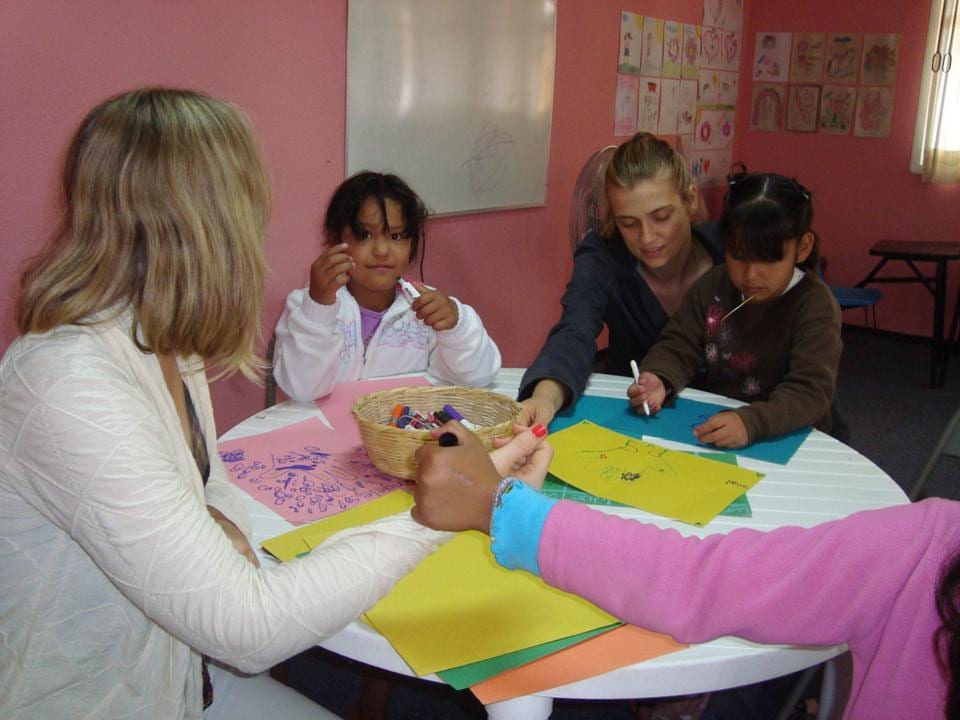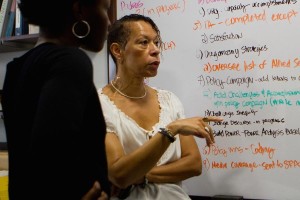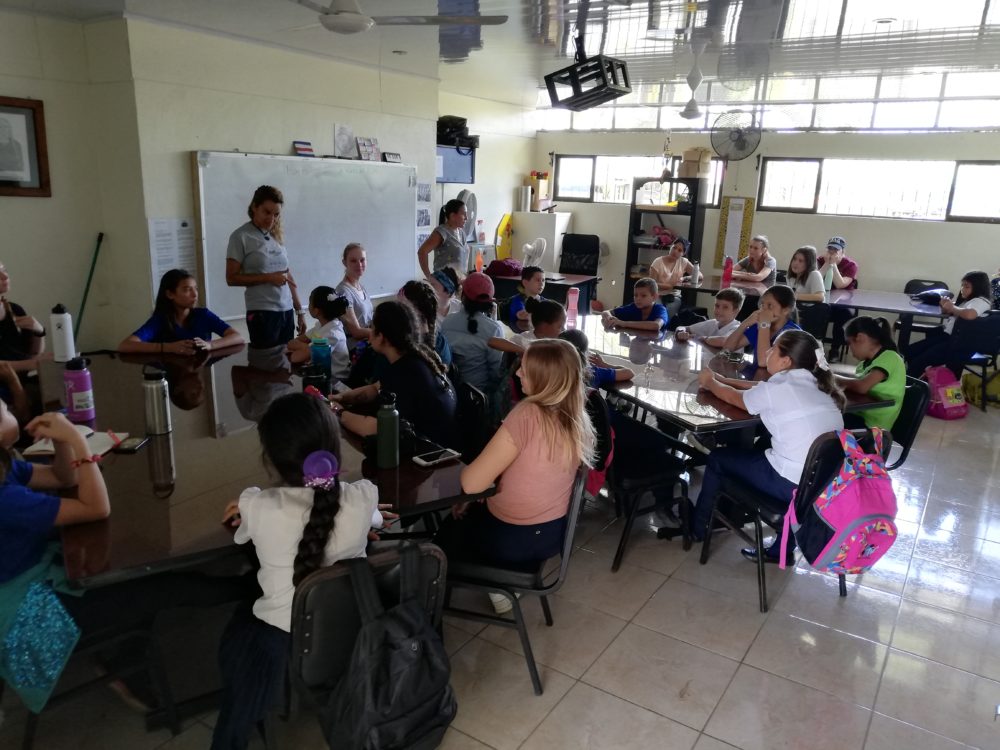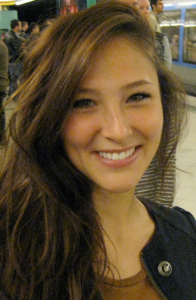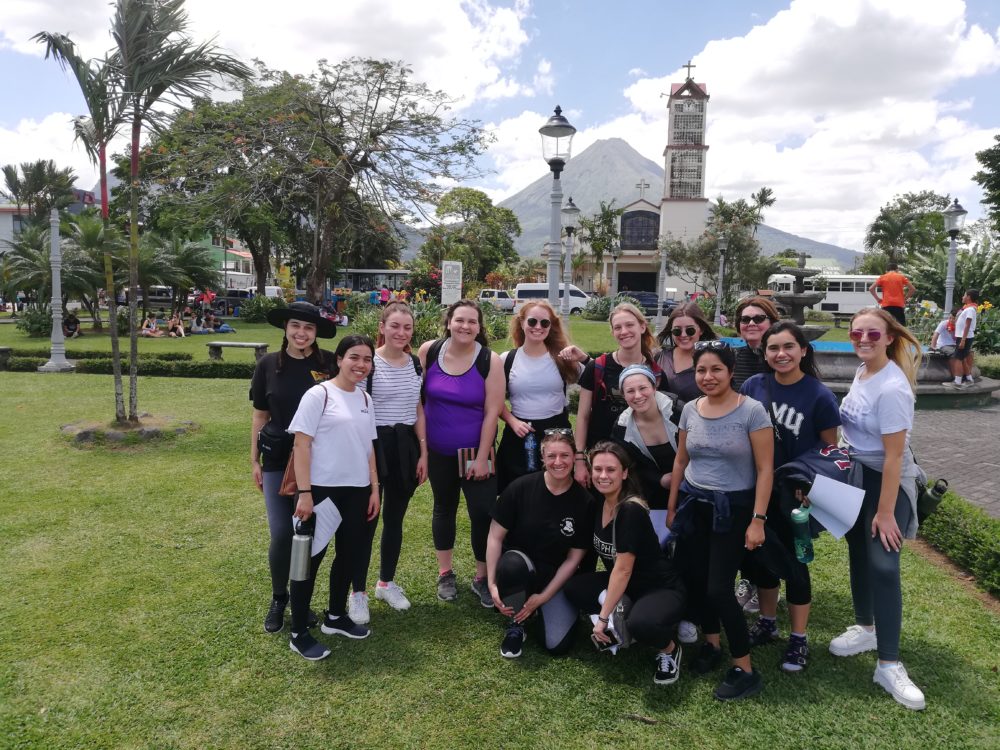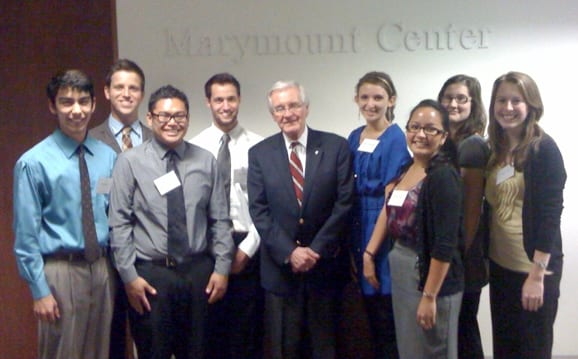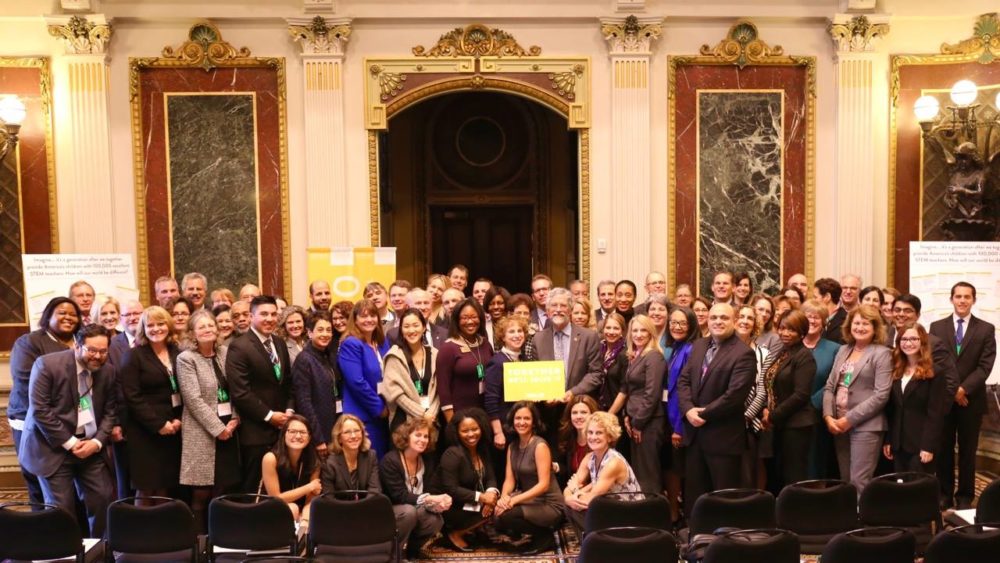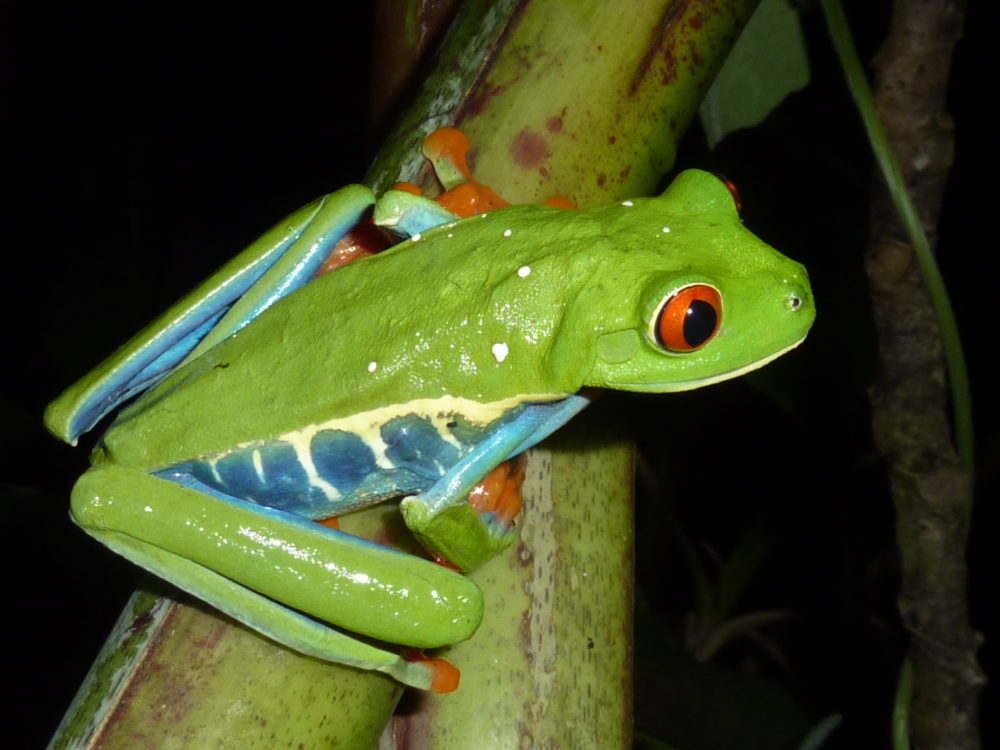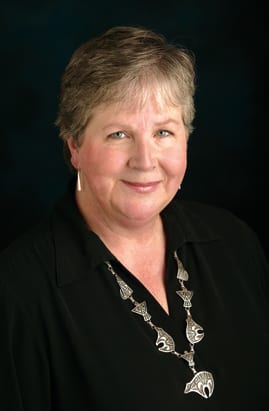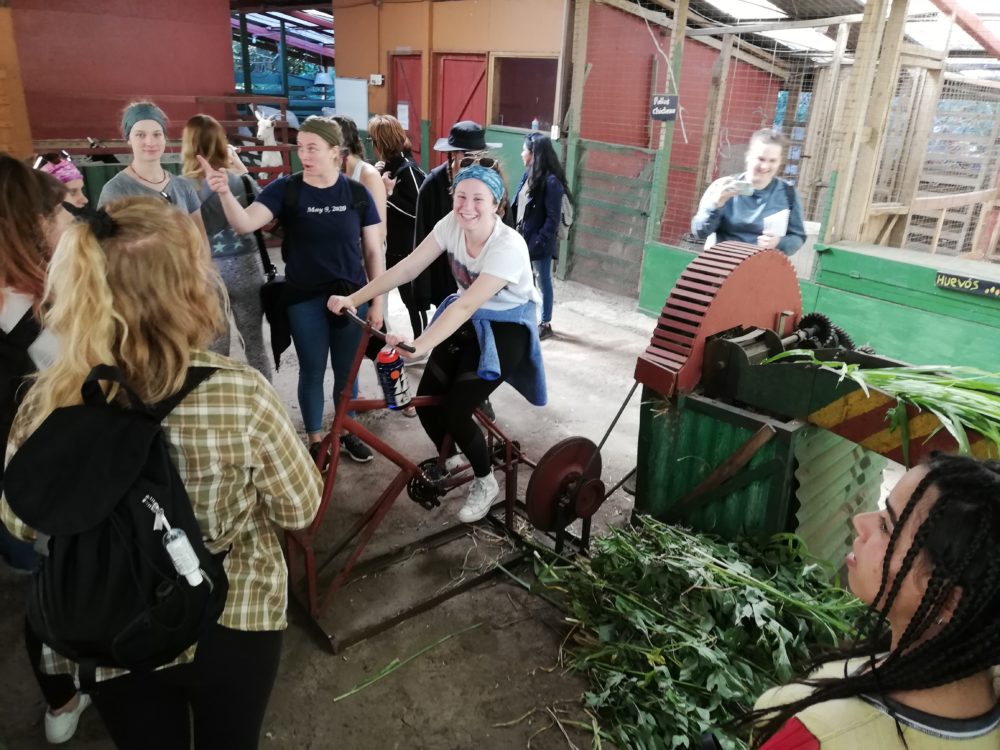
China. Costa Rica. Germany. Japan. Northern Ireland. Senegal. Uruguay. These were the countries visited this spring as part of the Bellarmine College of Liberal Arts’ Global Immersion courses, on-campus classes with a weeklong trip during spring break.
Twelve of the 119 students who participated in the program went to Costa Rica as part of their liberal studies capstone course. This was the second year in a row that Bernadette Musetti, associate professor of Urban & Environmental Studies and director of liberal studies, visited the country with students in her “Education and Global Issues” class. The trip provides an important opportunity for students to deepen their understanding of socio-environmental global issues by experiencing environmental education in action.
The group immersed themselves in Costa Rican culture for seven days, where they visited three schools putting transformative learning into practice. Teachers at the Monteverde Friends School, the Cloud Forest School, and a local public school inspire a spirit of environmental stewardship and community involvement with a holistic approach to education.
“At the Monteverde School, students practice meditation, pitch in with the daily upkeep and cleaning of their school, and work out differences with their classmates at a peace table,” says Chloe Ford ’19. “The school has built a culture of accountability and students understand their role in the community and planet.”
“In Costa Rica, in the schools visited, kids experience education and the environment through a curriculum that connects head, heart, hands, and spirit,” says Musetti.
In fact, the public school the BCLA course visited is one of two in the country with Costa Rica’s “Blue Flag” designation, which means its mission and practices are focused on sustainability and respect for the environment and all creatures. This is the equivalent of a “Green Ribbon” school in the U.S.
Also on the itinerary was a biodynamic coffee farm tour, a workshop where the group foraged for and incorporated nature into mixed-media art, and many nature hikes, including through the Children’s Eternal Rainforest Preserve. Mark Wainwright, author of The Mammals of Costa Rica: A Natural History and Field Guide, taught the group to appreciate the resilience of Costa Rica’s plants and animals, emphasizing that each one has a story of how it got there and has survived.
“Mark’s storytelling captivated our group and when we visited the Cloud Forest Reserve our students learned that the field guides being sold were written by Mark,” says Musetti. “Stories told with a passion for a particular subject matter help us to understand the world around us and are a powerful teaching strategy.”
The evenings were a time for the group to come together with local teachers and community members to prepare and enjoy a meal. Dinner was followed by a lecture, which helped the students connect their experiences in Costa Rica to their lives in the U.S.
Costa Rica provided many tangible takeaways to prepare our BCLA students for their future classrooms. Immersion in a different culture gave them a context for better understanding the diverse backgrounds of students in U.S. schools. Integration into a close-knit community showed them the value in identifying what is special about your environment and building a connection to it in the classroom. Accountability in Costa Rican classrooms inspired them to incorporate recycling and reuse practices into science and math lesson plans.
“Every experience on this trip was transformational and provided hope for our education system and planet,” says Davina Nazarian ‘19.



